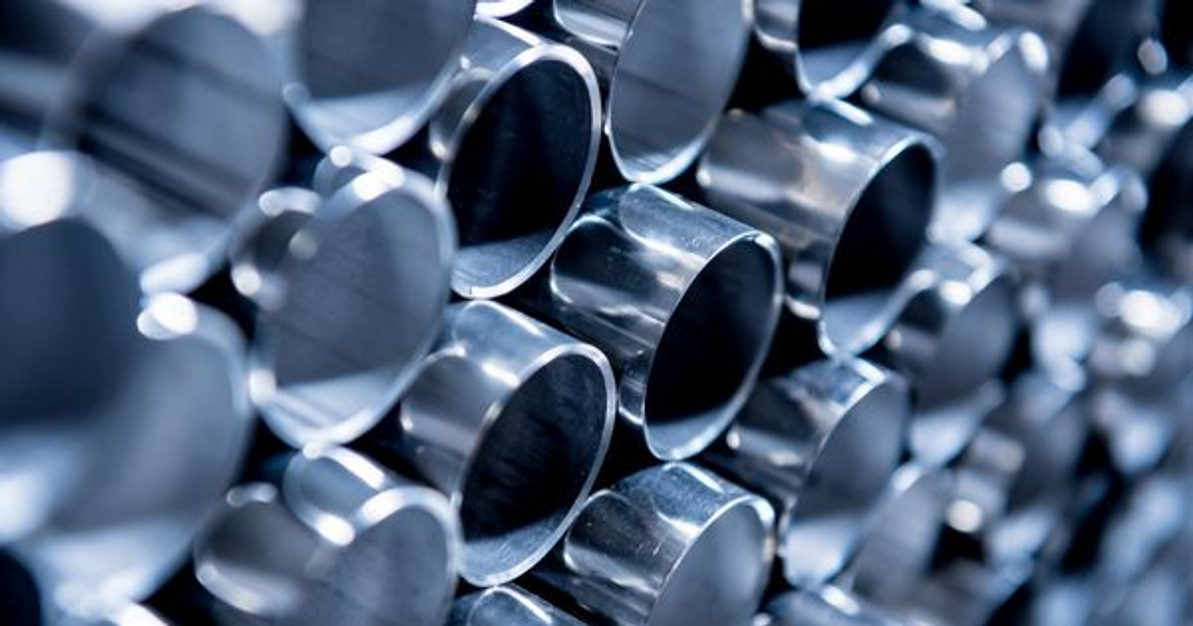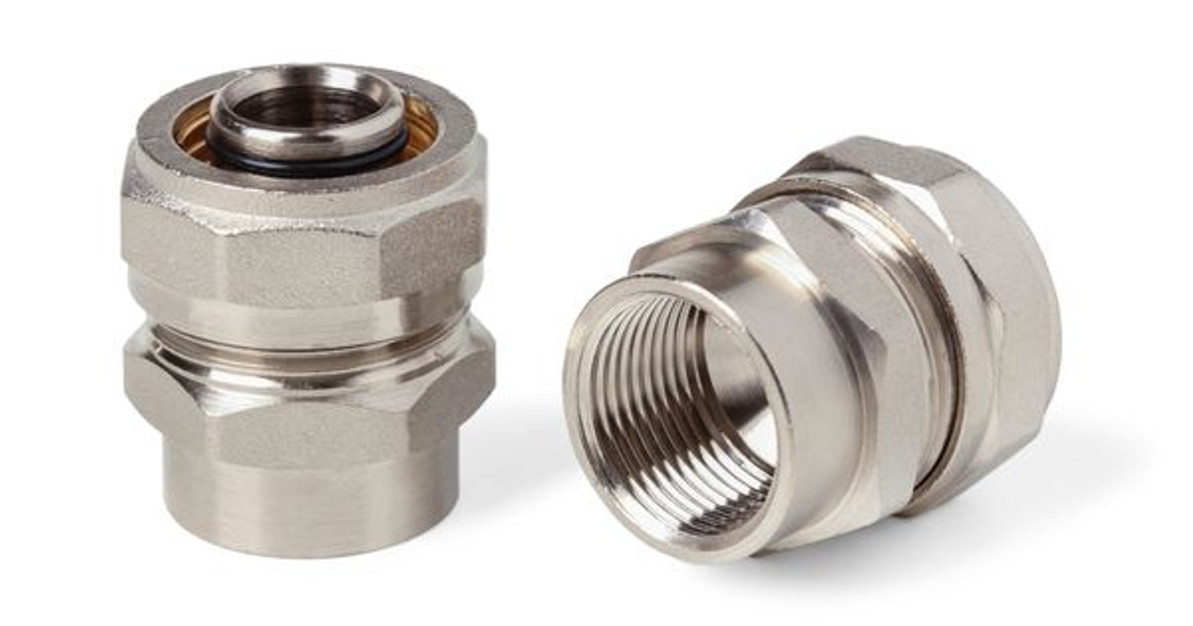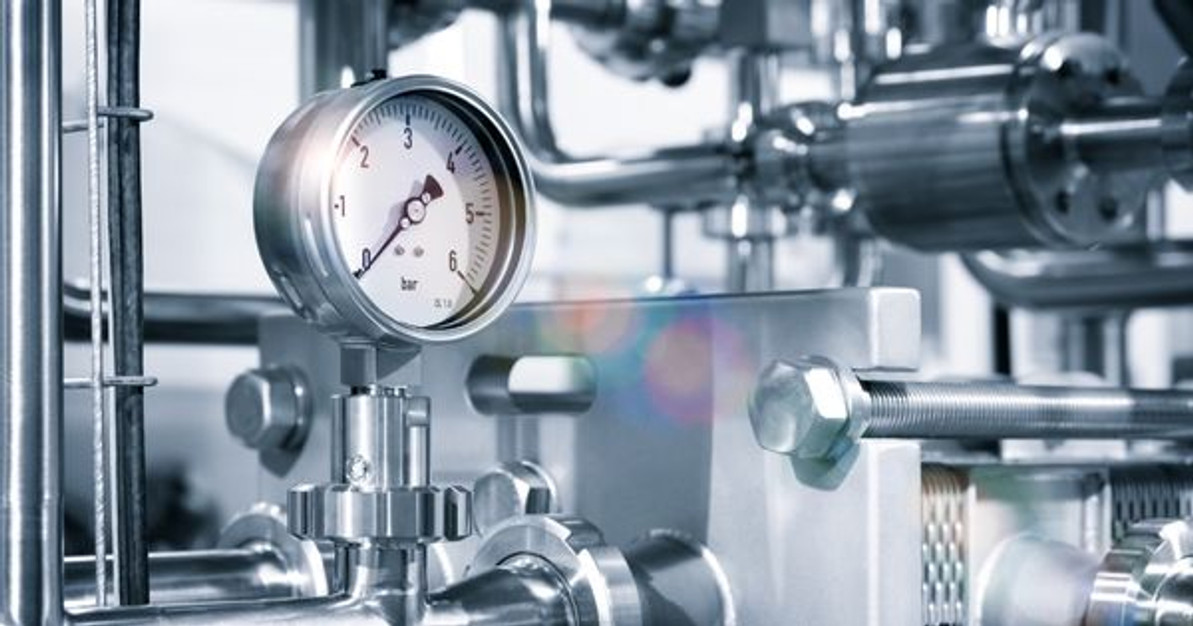 Feb 1st 2022
Feb 1st 2022Why Stainless Steel Is Best for Sanitary Filters
Sanitation standards are much higher and strictly enforced for industries like the food or pharmaceutical industry. The sanitary filter is one of the most powerful tools within the production process, capable of filtering out solid particles from liquids and helping prevent contamination during the production process. In order to have the best filtering equipment, here’s why stainless steel is best for sanitary filters.
Naturally Sanitary
Stainless steel has long been a favorite for industries and businesses that prioritize sanitation. Stainless steel is naturally resistant to corrosion like rust, which would otherwise turn your facility and equipment into a contamination risk. Furthermore, stainless steel has the unique feature of being non-porous. This means the surface of the metal lacks any pores or small holes for dirt and grime to get stuck into. As a result, cleaning your stainless-steel equipment is incredibly easy and efficient—meaning you’ll easily increase the hygiene of your facility without needing to devote more time and effort to the cleaning process.
Durability and Tolerance
Another reason why stainless steel is best for sanitary filters is that the metal itself is highly durable and has a high tolerance to temperature and pressure. This makes it ideal for production processes with more acidic conditions like ketchup. Under regular operational conditions, stainless steel equipment has a typical lifespan of 100 years. Furthermore, sanitary strainers withstand environments with high pressure or high temperatures without their integrity ever being compromised—something often necessary within the food and beverage industry. Different grades of stainless steel can be used to further augment the tolerance, with grades like 304 and 316L withstanding temperatures as high as 1700 degrees Fahrenheit.
Highly Customizable
In general, steel is highly malleable, and you can expect that same malleability from stainless steel. This ensures that even the most specific needs are able to be met with custom sanitary filters. The food and beverage industry, in particular, has a lot of different applications throughout the production process, and stainless steel can be molded to fit just about any equipment. Factors like flow rates, pressure, or quantity can be considered so that you find a filter that matches every aspect of your production process.
 Feb 1st 2022
Feb 1st 2022Recent Posts
-
Nov 7th 2022
What Is Food-Grade Stainless Steel Tubing?
Businesses that produce food and beverage products must operate hygienically. Sterile environments a …Nov 7th 2022
-
Oct 11th 2022
Why Sanitary Fittings Are Important for the Medical Industry
Sanitary fittings are useful for many industries. Food and beverage manufacturers have used these to …Oct 11th 2022
-
Sep 23rd 2022
What Is the Max Operating Temperature for Stainless Steel?
Stainless steel is valued in many industrial applications because it’s capable of withstanding high …Sep 23rd 2022




